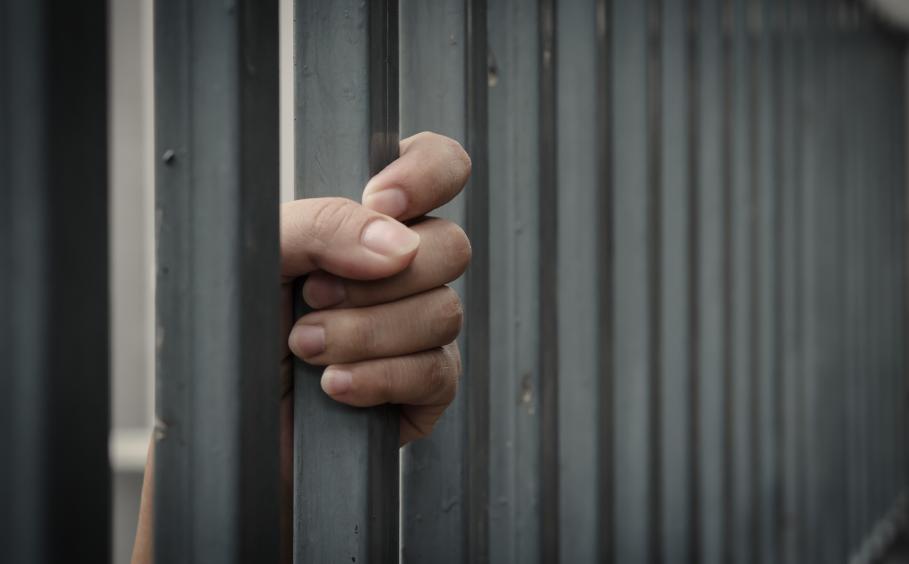-
About
ExploreUp to Main Menu
-
Strategic Plan
Explore
-
College Overview
Explore
- Dean's Lecture Series
- Environmental Health Sciences
-
Diversity, Equity and Inclusion
Explore
-
Get Involved
Explore
-
People
Explore
-
Achievements
Explore
- Administrative Offices
- Discover HHD
- College News and Events
- Commencement
- Contact Us
-
Strategic Plan
-
Undergraduate
ExploreUp to Main Menu
-
Getting Started
Explore
-
Student Support
Explore
-
Get Involved
Explore
-
Gain Experience
Explore
-
Careers
Explore
-
Get Connected
Explore
-
Policies and Procedures
Explore
- Summer Session
- Discover HHD
- Visit and Apply
- New Student Orientation Program (NSO)
- Undergraduate News
- Commencement
- Contact Us
-
Getting Started
-
Graduate
ExploreUp to Main Menu
-
Getting Started
Explore
-
Student Support
Explore
-
Student Profiles
Explore
-
Get Involved
Explore
-
Get Connected
Explore
-
Gain Experience
Explore
- Environmental Health Sciences
-
Diversity, Equity and Inclusion
Explore
-
Commencement
Explore
- Discover HHD
- Admissions
- Contact
-
Getting Started
-
Online & Outreach
ExploreUp to Main Menu
-
Online Degrees and Programs
Explore
-
Outreach Programs
Explore
-
Short-term Courses
Explore
-
Teaching Support
Explore
- Contact Us
-
Online Degrees and Programs
-
Research
ExploreUp to Main Menu
-
Researcher Resources
Explore
-
Ongoing Research
Explore
-
Research Units
Explore
-
Diversity, Equity and Inclusion
Explore
- Environmental Health Sciences
-
Get Involved
Explore
-
Stay Connected
Explore
- Discover HHD Research
- Research News and Events
- Contacts
-
Researcher Resources
-
Alumni
ExploreUp to Main Menu
-
Become a Member
Explore
-
Resources for Alumni
Explore
-
Building Diversity and Inclusion
Explore
-
Get Involved
Explore
-
Meet Our Volunteer Leaders
Explore
-
Stay Connected
Explore
-
Alumni Achievements
Explore
-
Parents and Family
Explore
-
Donate
Explore
- Alumni News
- Attend an Alumni Event
- Give to HHD
- Update Your Contact Information
- Contact Us
-
Become a Member
-
Contact
ExploreUp to Main Menu
-
Departments
Explore
-
Research Centers
Explore
-
Central Administration
ExploreUp to Main MenuCentral Administration
-
Training and Support
Explore
- Contacts/Directory
Helping women with opioid-use disorder

Women with substance-use disorders face challenges while incarcerated and are at risk for a recurrence of their substance use disorder when they are released, according to new research led by Sienna Strong-Jones, Ph.D. student in human development and family studies at Penn State, and her Ph.D. advisor, Abenaa Jones, Ann Atherton Hertzler Early Career Professor in Health and Human Development and assistant professor of human development and family studies.
The researchers conducted interviews from 42 individuals, 20 women with a history of criminal legal involvement and opioid use disorder, 10 criminal legal professionals, and 12 substance-use treatment professionals about the barriers to recovery and treatment that women with opioid-use disorders face when entering or leaving prison. What they learned from these interviews was recently published in BMC Global and Public Health.

Addressing the needs of women with opioid-use disorder has the potential to break the cycle of substance abuse.
Sienna Strong-Jones
“Addressing the needs of women with opioid-use disorder has the potential to break the cycle of substance abuse, positively impacting their children and future generations,” said Strong-Jones, lead author on the study. “Limited access to treatment programs and legal barriers to healthcare may hinder their success in recovery and perpetuate their legal system involvement. Research about what really helps these women can enhance public health and reduce healthcare costs to improve outcomes for these women and society.”
The researchers found involvement in the criminal justice system has significant adverse impact on women with opioid-use disorder. Many women reported receiving minimal aid for withdrawal symptoms and described the experience of withdrawal while in prison as “traumatic.” Women also struggle because their treatment options for opioid-use disorder in prison are limited.
Women with a history of opioid-use disorder also reported struggling when they were released from prison. Many women returned to environments that did not support them or their recovery. Many said they faced difficulties finding a job or secure housing. Some reported that the stigma of incarceration triggered problems—including relapse—among those who wanted to remain substance-free.

Women’s prisons and jails need... comprehensive detox protocols for all women who use drugs, not just for women who are pregnant.
Abenaa Jones
Among pregnant women, common barriers to receiving medication treatment included doctors’ hesitance to prescribe these medications to pregnant patients; limited access to resources in rural areas; and difficulty navigating complex, decentralized health systems, according to the researchers.
For women who already have children, the researchers found that a lack of childcare during appointments and meetings, fear of losing custody of or access to their children, and prioritizing their children’s needs above their own, were common obstacles to accessing medication.
Opioids are associated with most of the fatal overdoses in the United States, and people with opioid-use disorder face much greater risk of overdose. This underscores the imperative nature of addressing these problems, according to Abenaa Jones, senior author of the study. She said there are several concrete steps that society needs to take.
“Women in the legal system have a much higher prevalence of childhood and adulthood traumatic experiences than incarcerated men,” Jones said. “They are also more likely to have dependent children and lack social and economic resources. Moreover, women who use drugs and are involved in the criminal legal system are also heavily stigmatized, especially since many are mothers. We need a societal shift in how we view women who use drugs and women in the criminal legal system, and we need to offer comprehensive reintegration programs to better support them and their families.
Abenaa Jones continued, “Women’s prisons and jails need evidence-based and compassionate substance-use treatment, including comprehensive detox protocols for all women who use drugs, not just for women who are pregnant.”
